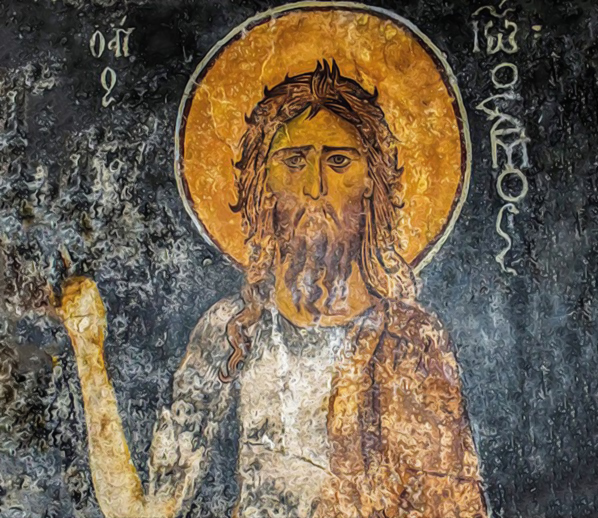
The first who heard Jesus speak were astonished by the authority of his speech. That wasn’t simply because he spoke with conviction and enthusiasm; it was because he refused to play the game that every other rabbi played, tracing his authority finally back to Moses. He went, as it were, over the head of Moses, as he did at the beginning of the Sermon on the Mount when he said, “You’ve heard it said…but I say.” Jesus tells the religious authorities today, “If you had believed Moses, you would have believed me because he wrote about me.” His listeners knew they were dealing with something qualitatively different than anything else in their religious tradition or experience. They were dealing with a prophet greater than Moses. Bishop Robert Barron writes that Jesus had to be more than a mere prophet. Why? “Because we all have been wounded, indeed our entire world compromised, by a battle that took place at a more fundamental level of existence. The result is the devastation of sin, which we know all too well. Who alone could possibly take it on? A merely human figure? No. What is required is the power and authority of the Creator himself, intent on remaking and saving his world, binding up its wounds and setting it right.”
